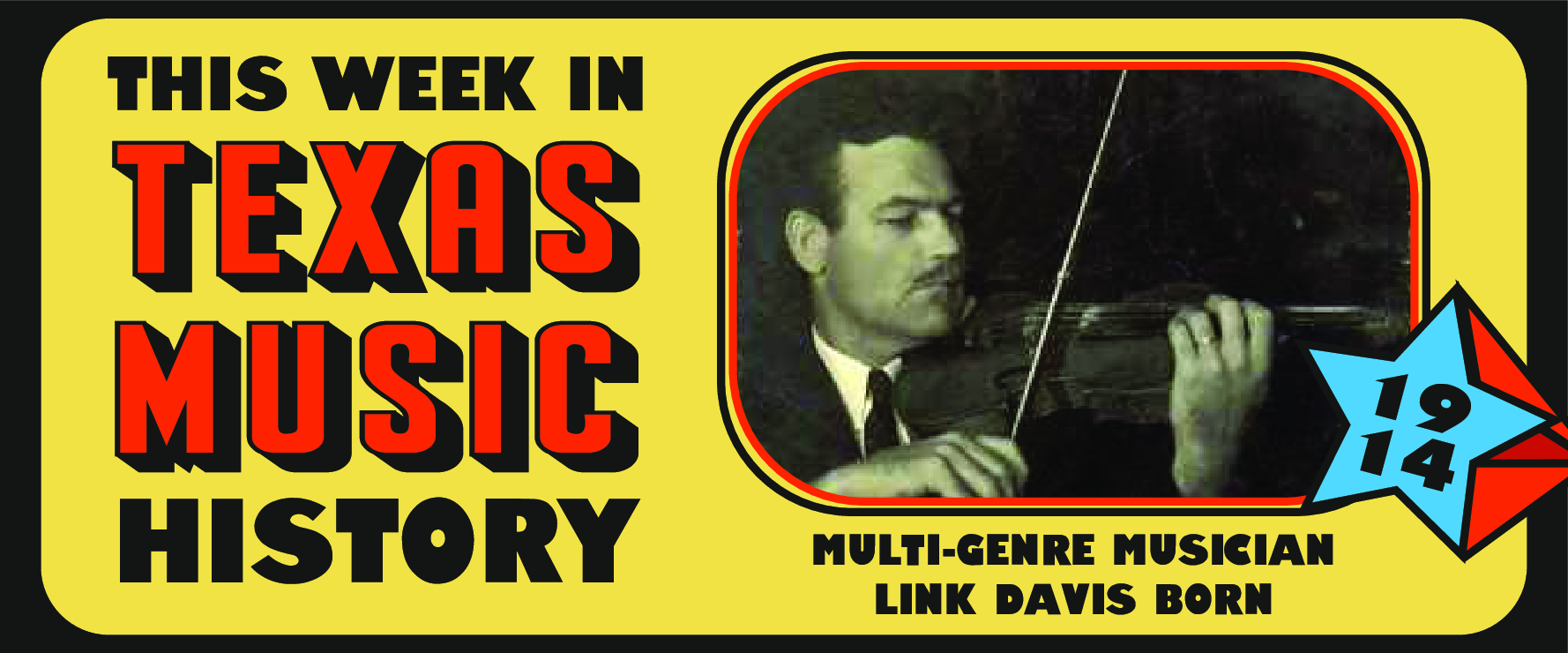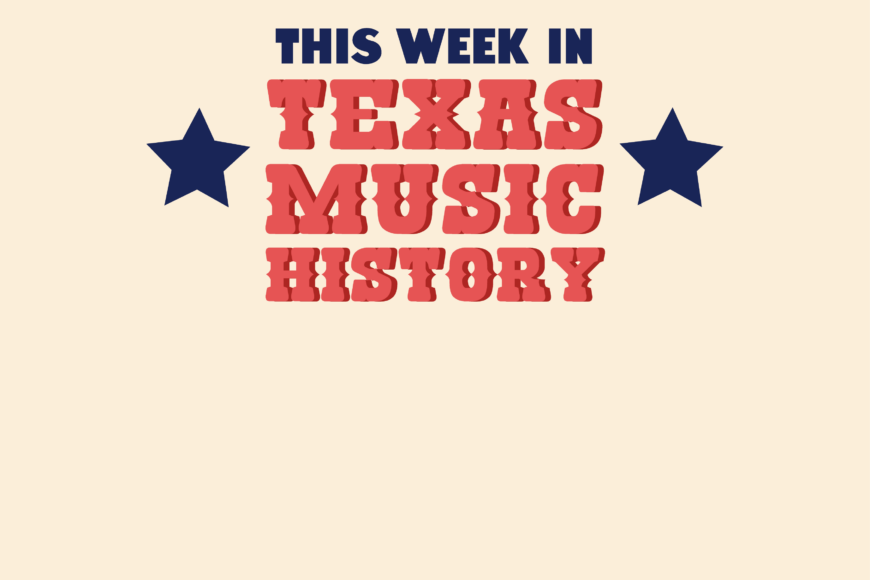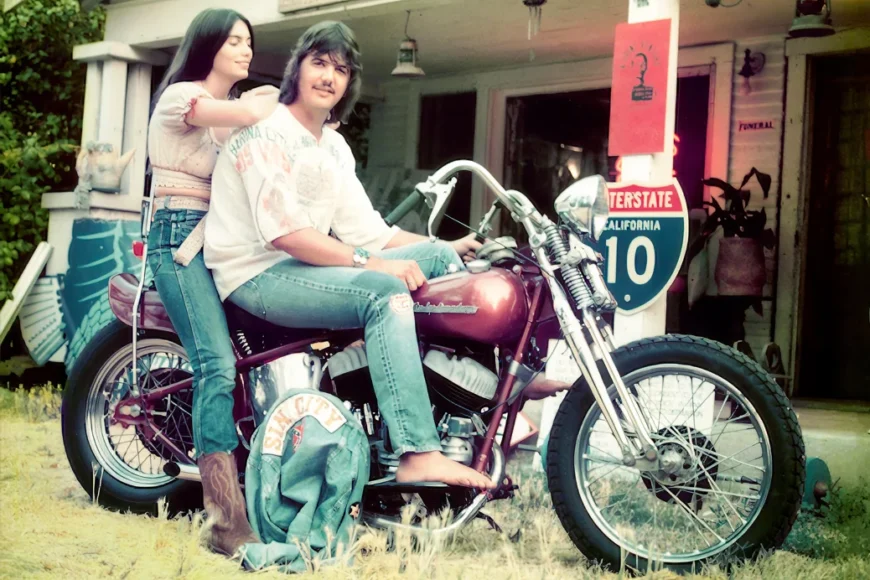This Week in Texas Music History brings us an artist at the intersection of East Texas country and Cajun music.
Written by Jason Mellard
On July 8, 1914, country artist Link Davis, Sr., was born in Sunset, and he grew up in Wills Point in North Texas. As a young man, Davis formed an early western swing band with his brothers for local dances. By the 1930s, he entered that genre’s strongholds in Dallas and Fort Worth as a tenor saxophone player, joining the Crystal Springs Ramblers and then Cliff Bruner and His Texas Wanderers.
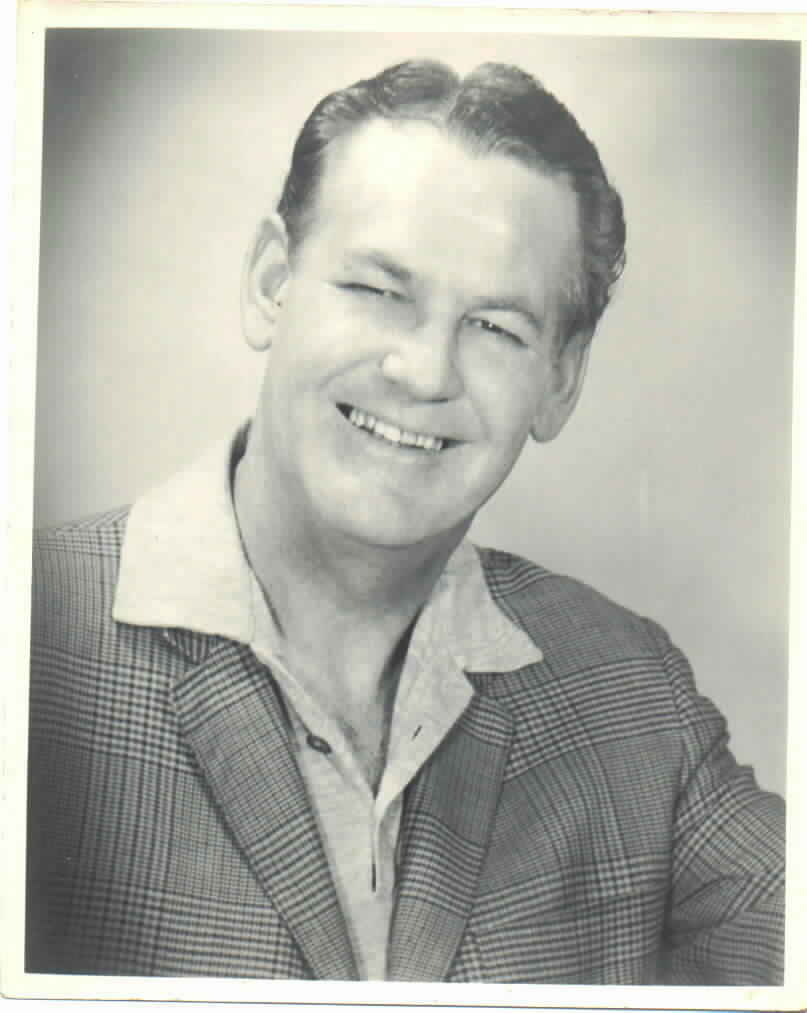
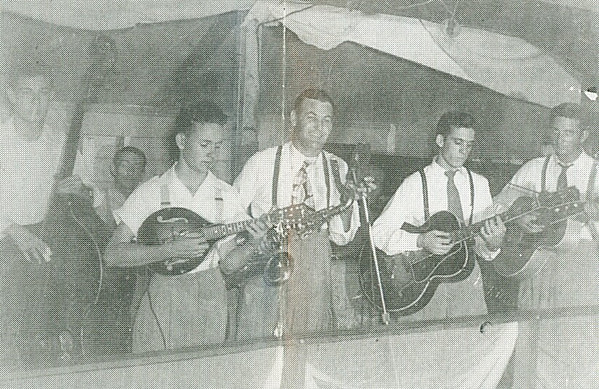
In 1945, Davis formed his own group, the Blue Bonnet Playboys, and made his first records three years later. He relocated to Houston and played with a number of artists there, including Floyd Tillman and Harry Choates. He was also a prolific session musician at the Big Bang moment of Texas rock ‘n’ roll, playing on such early rock hits as the Big Bopper’s “Chantilly Lace” and Johnny Preston’s “Running Bear.” It was through Harry Choates, popularizer of the song “Jole Blon,” that Davis, now on fiddle, also encountered the new hybrids of Cajun and country music. Davis would leave a mark on the field, recording songs like “Gumbo Ya-Ya,” “Crawfish Crawl,” “Rice & Gravy Boogie,” and his 1952 hit “Big Mamou.”


Through the 1950s and 1960s, Davis recorded across a dizzying array of regional labels, in a diverse set of genres. Observers have remarked that it was perhaps the breadth of his work, his versatility across instruments and genres, that meant fewer people remember him today. He had hits to his name, though, and contributed as a session player to so many more. Waylon Jennings and Hank Williams, Jr. both covered “Big Mamou,” and Link’s son, Link Davis, Jr. would follow in his Texas Music footsteps.
Sources:
Laurie E. Jasinski in Laurie E. Jasinski, Gary Hartman, Casey Monahan, and Ann T. Smith, eds. The Handbook of Texas Music. Second Edition. Denton, TX: Texas State Historical Association, 2012.
